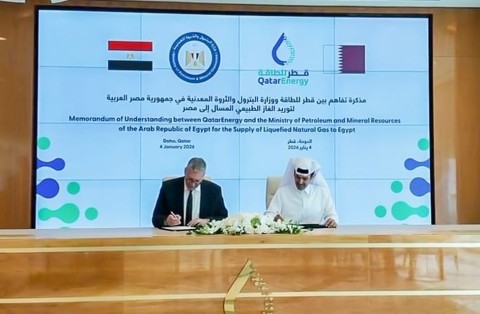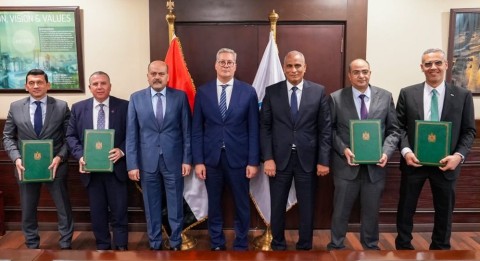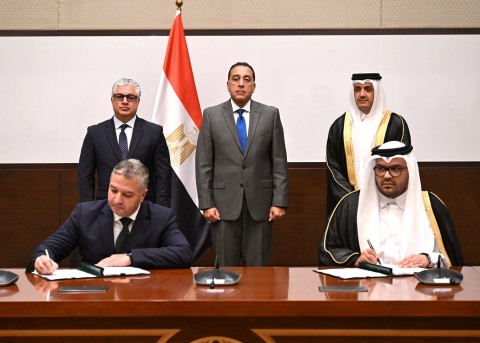OPEC and non-OPEC producers – Qatar, Saudi Arabia, Russia, and Venezuela – are expected to hold a meeting in the Qatari capital on April 17th to debate oil output freeze on the January 2016 levels. The meeting is a follow-up on previous negotiations held in February. The involved countries intend to call on other producers to follow suit.
Qatari Energy Minister, Mohammed Bin Saleh Al-Sada, who is also the current OPEC President, said that to date, around 15 OPEC and non-OPEC producers, accounting for about 73% of global oil output, are supporting the initiative, Reuters reported.
In the wake of the initiative, Iran has said it would not participate in any accord until it has restored its position in the market and regained its lost shares. Tehran is therefore currently seeking to increase its crude production after the end of economic sanctions. Nevertheless, the fact that the meeting would go ahead without Iran indicates a shift in the stance of Gulf oil exporters including Saudi Arabia, who had previously maintained that all major producers should participate in any agreement, Reuters reported. Iran’s refusal to take part in the output freeze is “a setback but it will not necessarily change the positive atmosphere that has already started,” said an OPEC source from a major producer.
Meanwhile, Azeri Deputy Oil Minister, Natiq Abbasov, also announced that Azerbaijan had no plans to freeze its oil production.
There are doubts if the planned freeze could radically alter the global oil market as severe competition for market shares is ongoing, and has caused stockpiles to rise to record levels.
A freeze in output is, nonetheless, believed to put an end to adding to the excess supply that has caused prices to collapse to record low, from levels above $100 a barrel seen in June 2014.
OPEC delegates have said that further action including a supply cut could follow by the end of the year, depending on Russia’s commitment to the freeze and how much oil Iran adds to the market.
It is, however, unclear which of 13 OPEC members and non-OPEC oil producers will attend the talks. Kuwait and the United Arab Emirates have said they would commit to the freeze if other major producers also participated.











